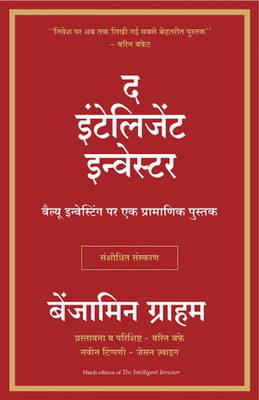
IGNOU BEGG 172 Language and Linguistics | Guess Paper | Important Question Answer | Bachelor of Arts (BAG)English (Paperback, BMA Publication)
Share
IGNOU BEGG 172 Language and Linguistics | Guess Paper | Important Question Answer | Bachelor of Arts (BAG)English (Paperback, BMA Publication)
Be the first to Review this product
Special price
₹222
₹399
44% off
Available offers
T&C
T&C
T&C
T&C
Delivery
Check
Enter pincode
Delivery by11 Sep, Thursday
?
View Details
Highlights
- Binding: Paperback
- Publisher: BMA Publication
- ISBN: 9787503013485
- Edition: Latest, 2024
- Pages: 80
Services
- Cash on Delivery available?
Seller
Description
Introduction to Linguistics: Understanding the fundamental concepts and principles of linguistics, including the structure, functions, and varieties of language.
Language Components: Studying the components of language, including phonetics, phonology, morphology, syntax, semantics, and pragmatics, and their role in linguistic analysis.
Language Typology: Exploring different language typologies and classifications, including typological features such as word order, grammatical categories, and linguistic universals.
Language Variation and Change: Investigating language variation and change over time and across different social, geographical, and historical contexts, including dialectology and sociolinguistics.
Language Acquisition: Understanding the process of language acquisition in children and adults, including theories of language development and factors influencing language learning.
Language in Society: Examining the relationship between language and society, including language policy, language attitudes, multilingualism, and language planning.
Language and Culture: Exploring the intersection of language and culture, including cultural differences in language use, linguistic relativity, and the role of language in identity construction.
Applied Linguistics: Applying linguistic theories and methods to real-world contexts, including language teaching and learning, translation and interpretation, and language technology.
Language Research Methods: Developing research skills in linguistics, including data collection, analysis, and interpretation, and critical evaluation of linguistic research studies.
Read More
Specifications
Book Details
| Publication Year |
|
| Book Type |
|
| Exam |
|
| Number of Pages |
|
| Net Quantity |
|
School Books Details
| Subject |
|
University Books Details
| Stream |
|
| Degree/Diploma |
|
| Specialization |
|
| Subject |
|
Additional Features
| Age Group |
|
In The Box
|
Be the first to ask about this product
Safe and Secure Payments.Easy returns.100% Authentic products.
Back to top




